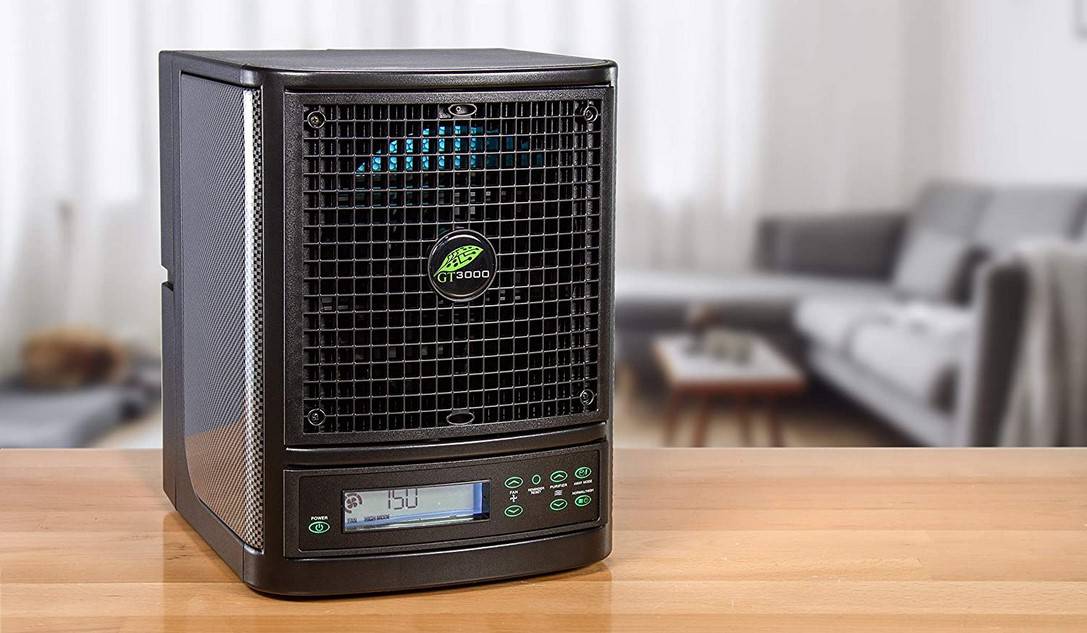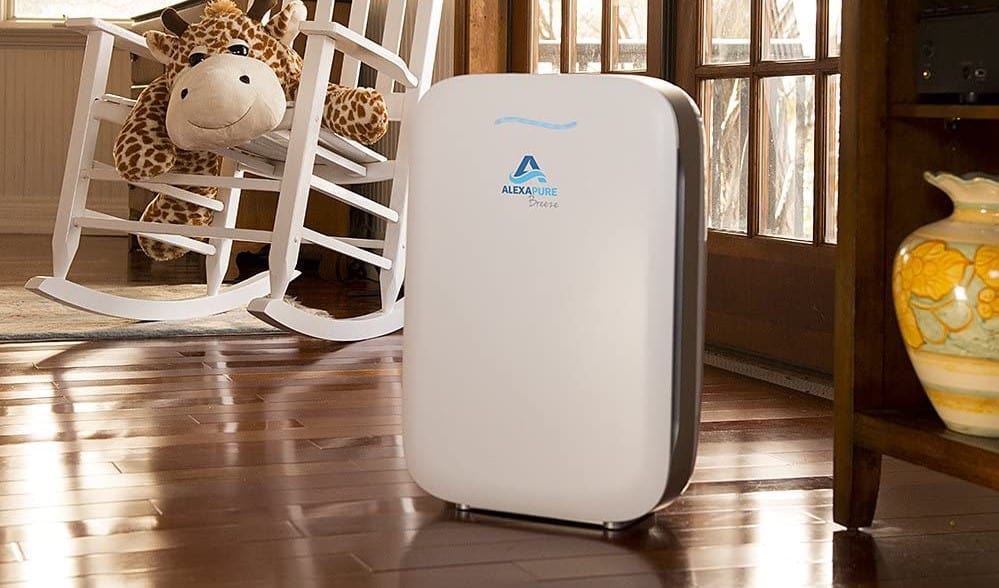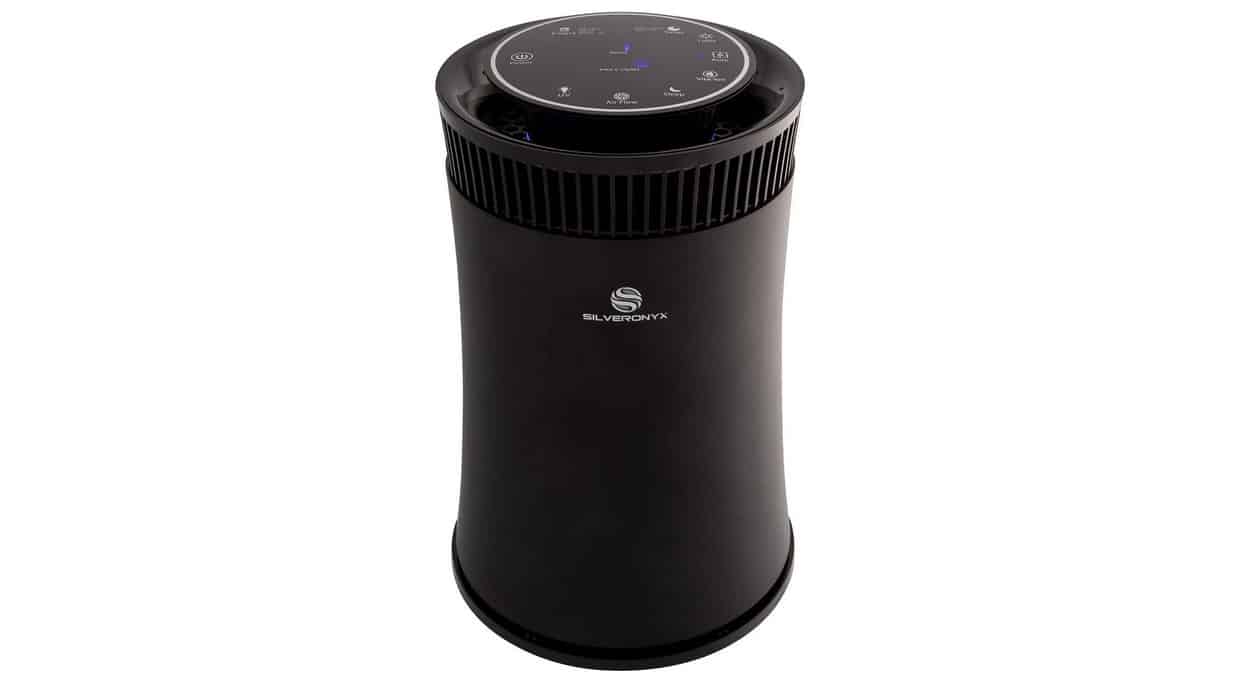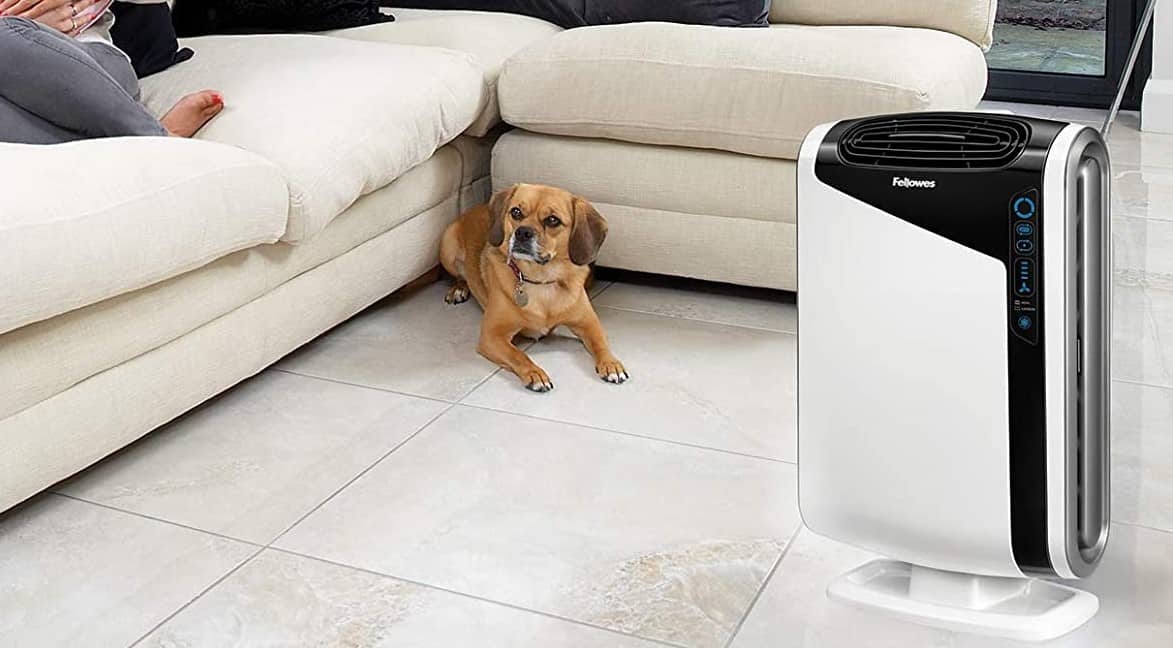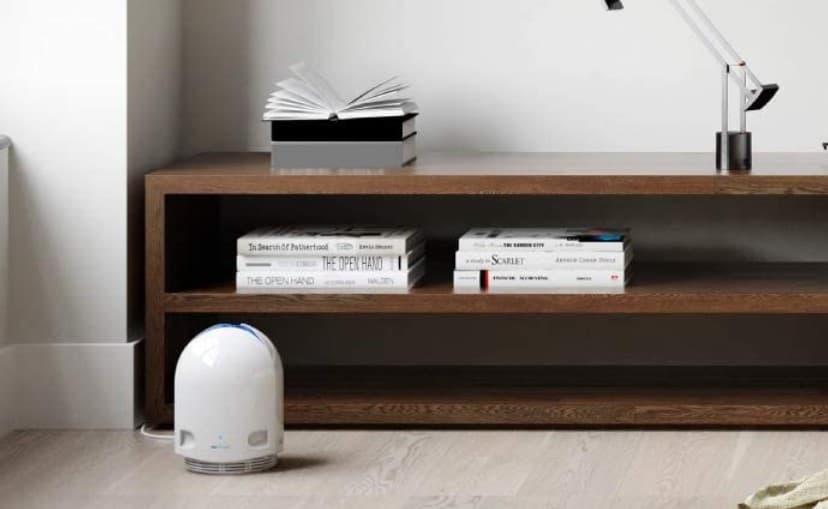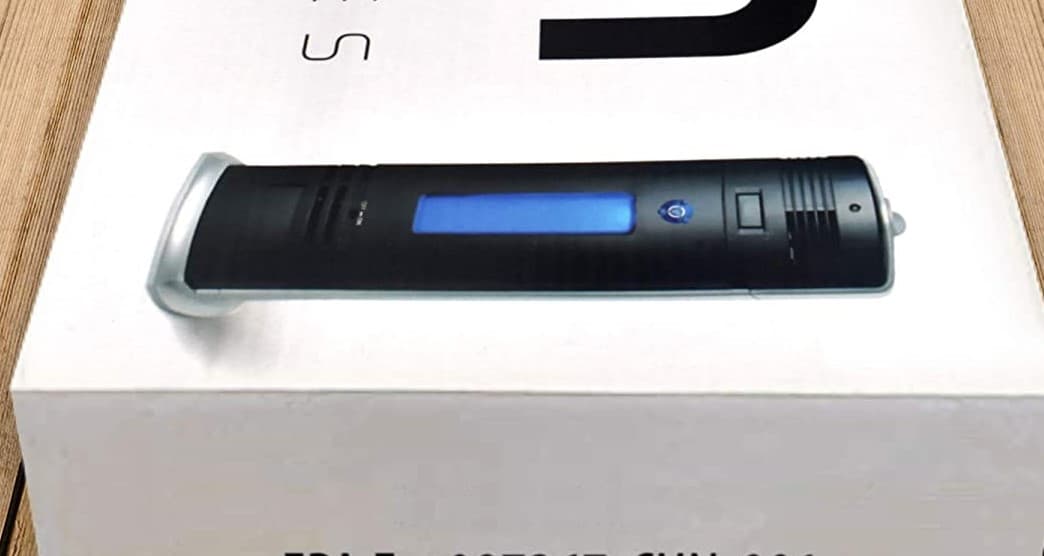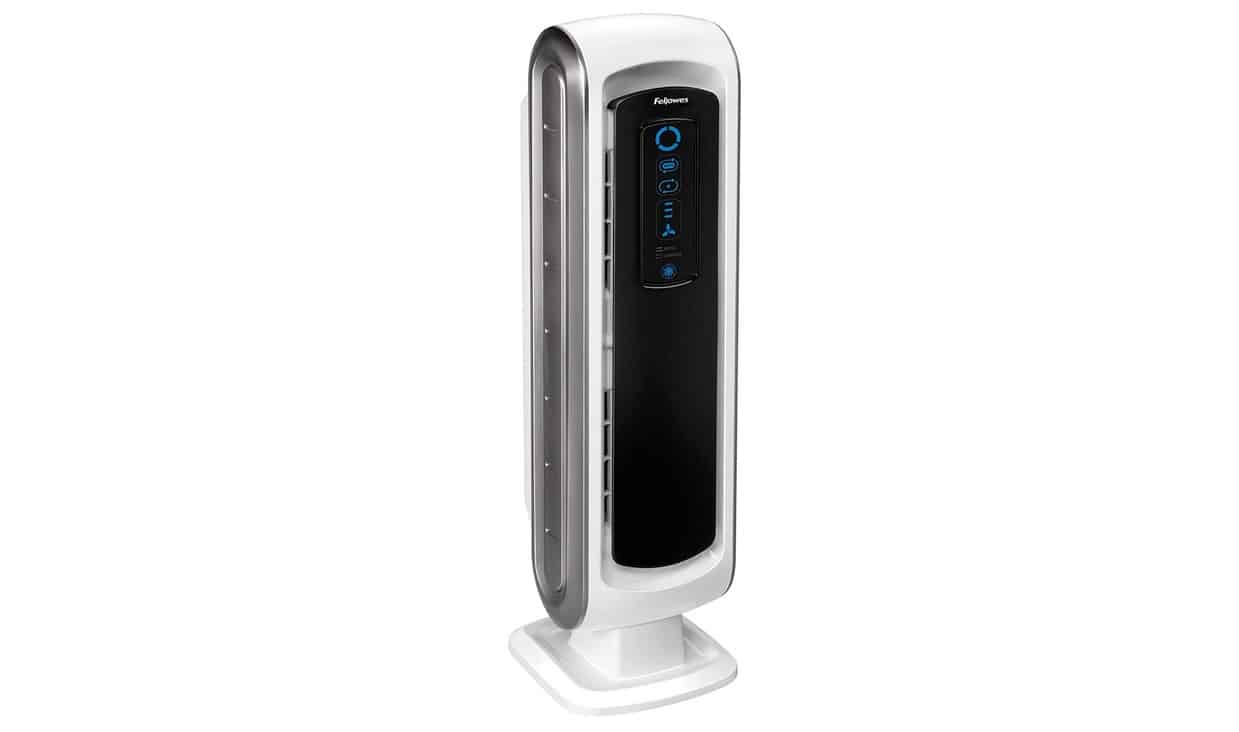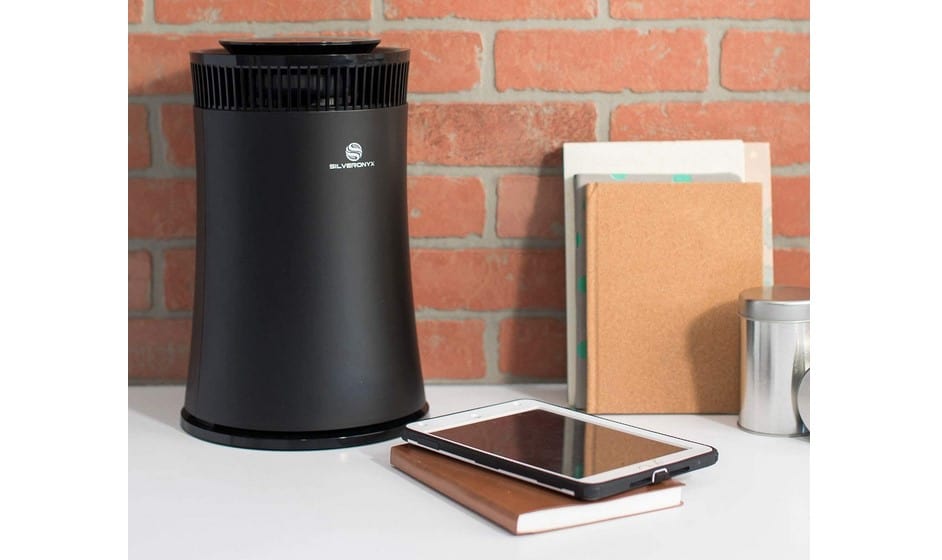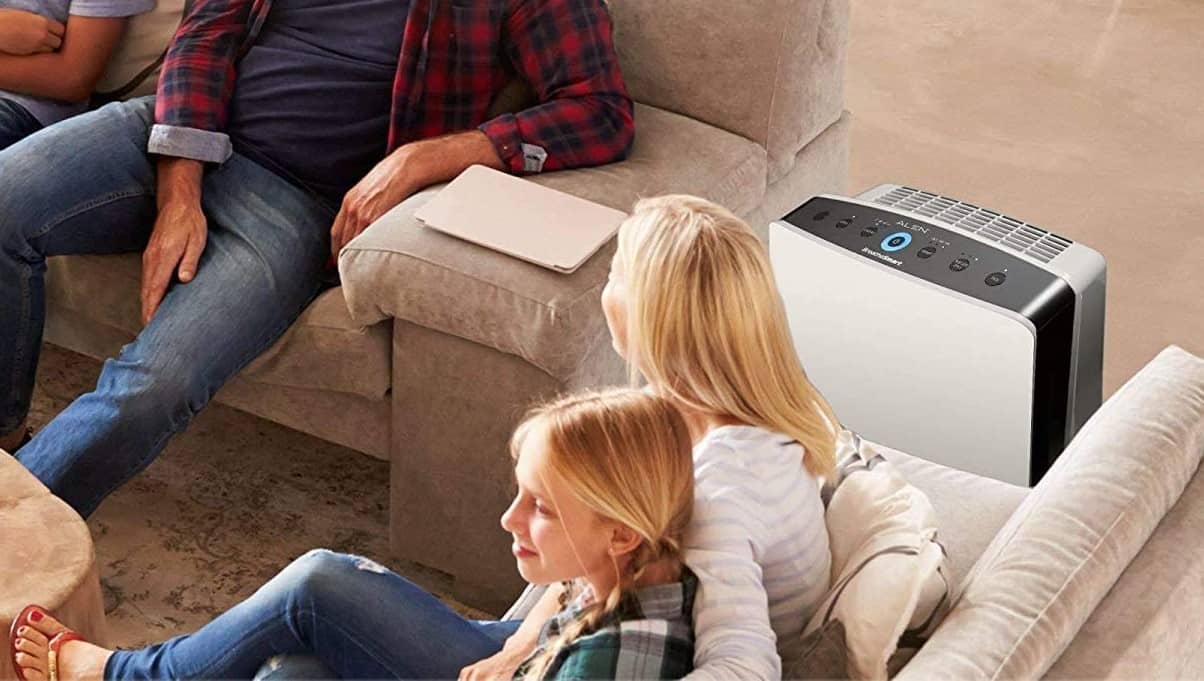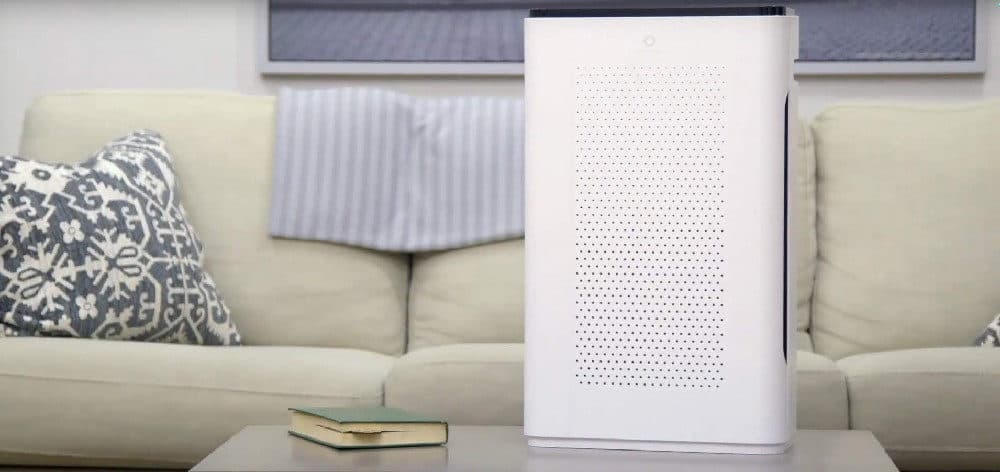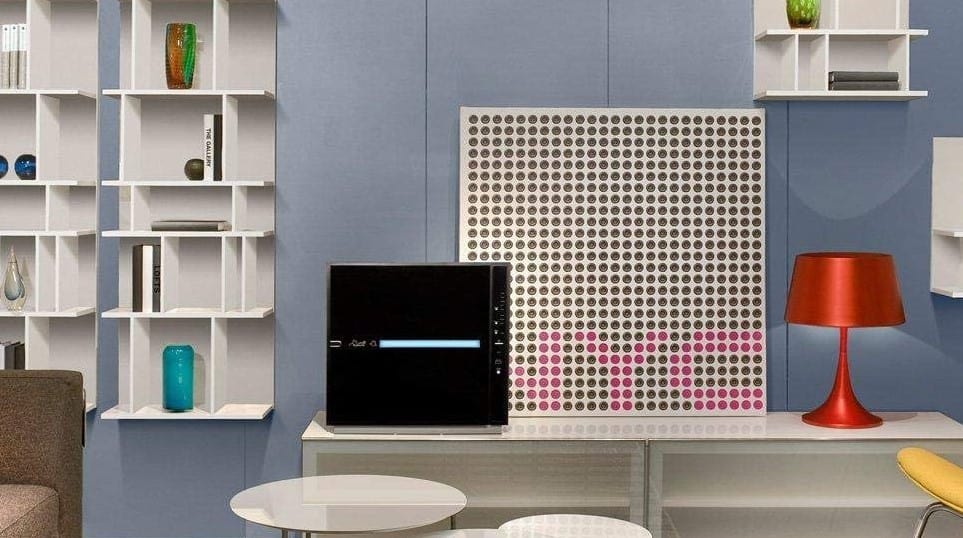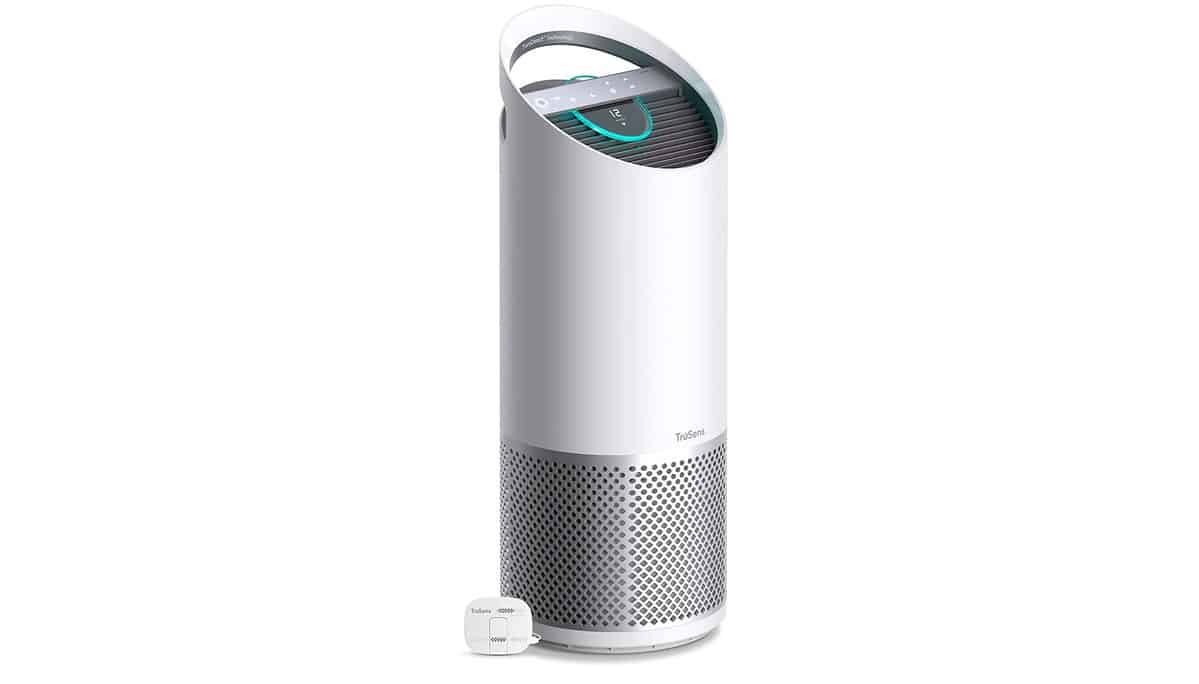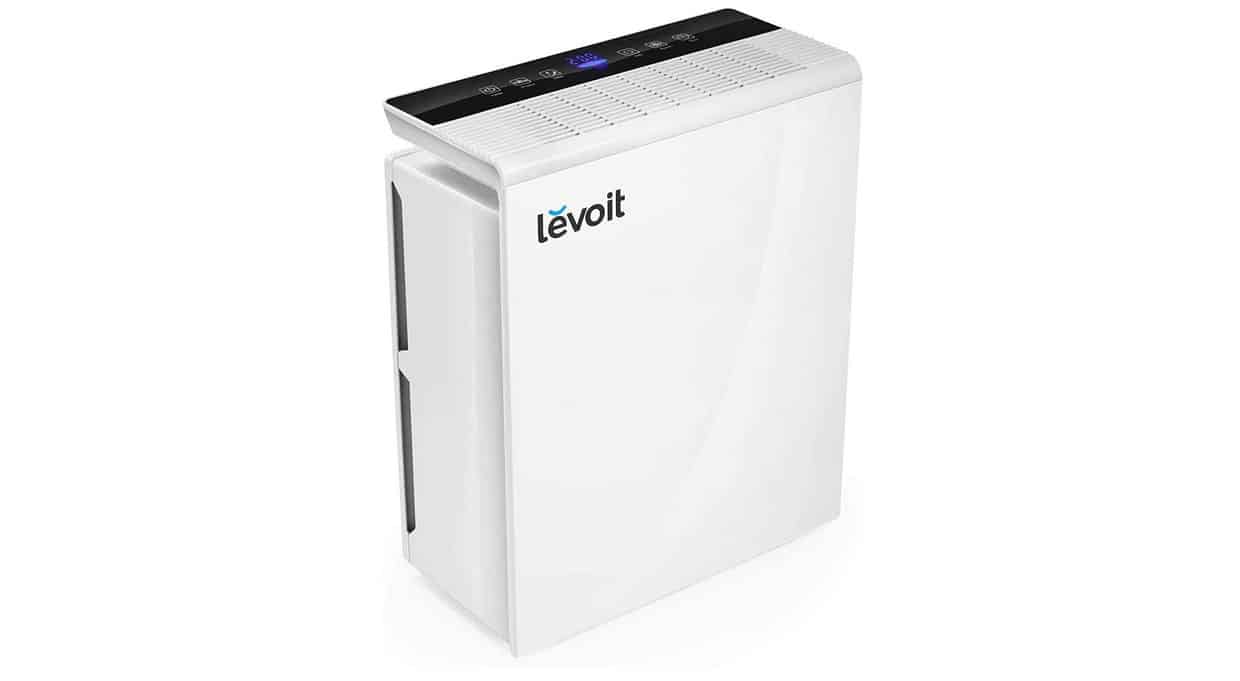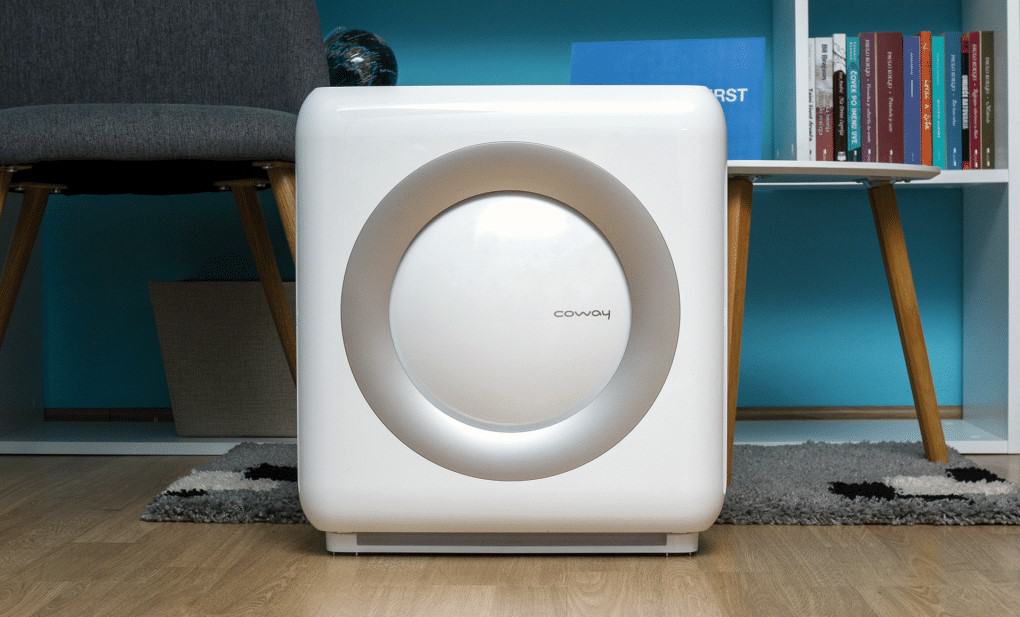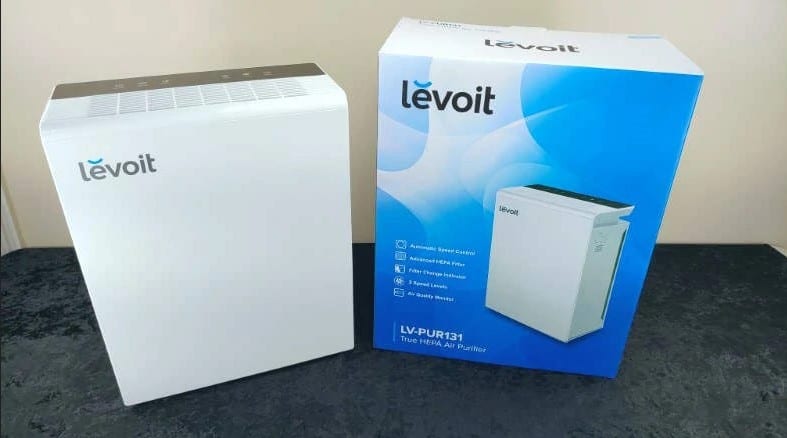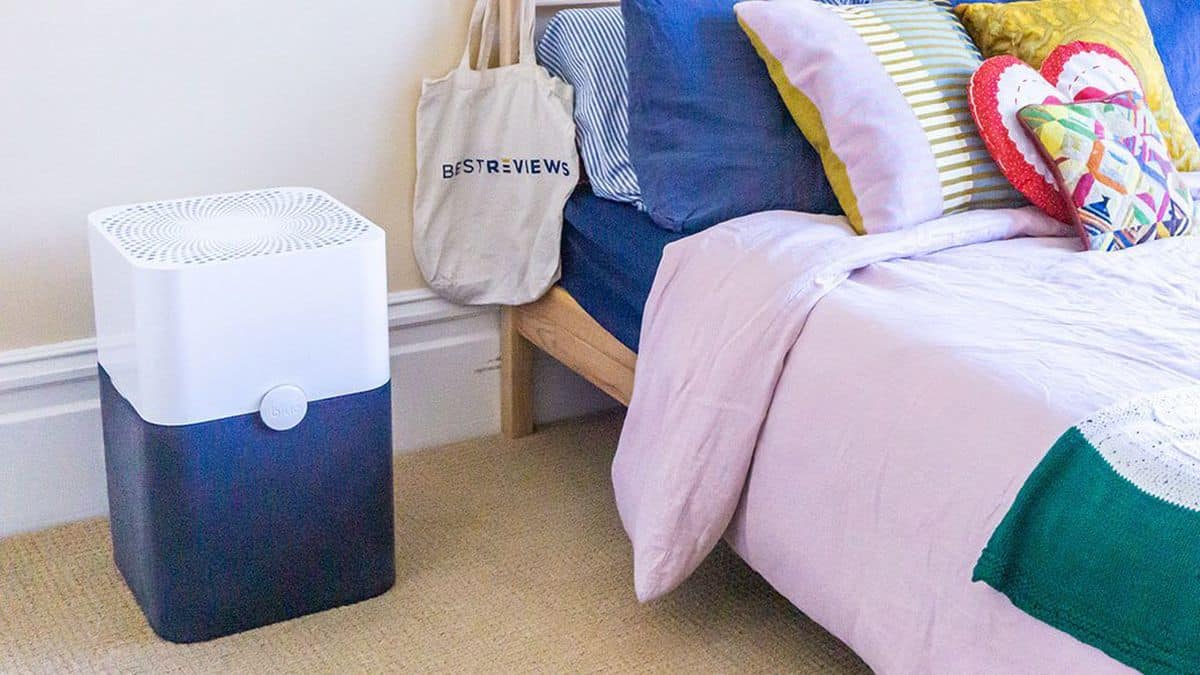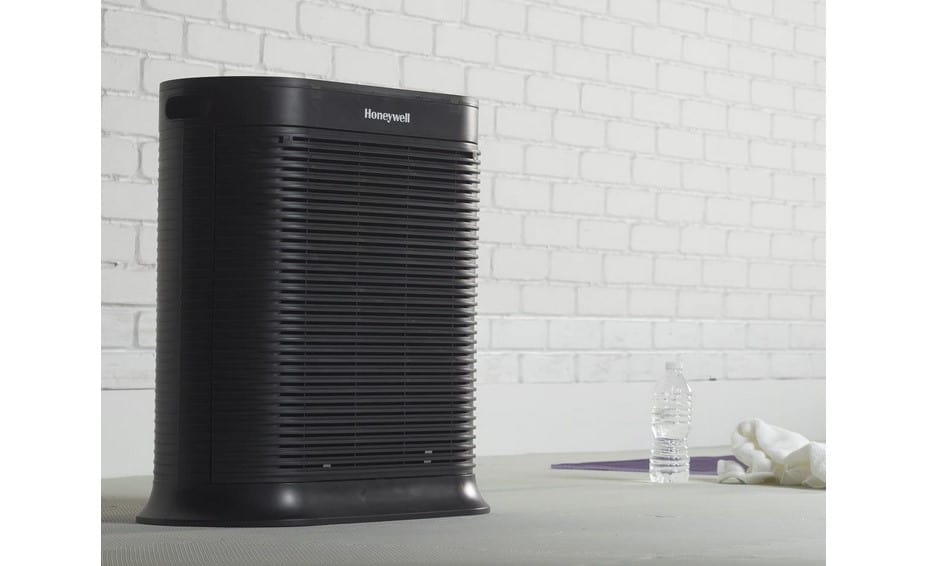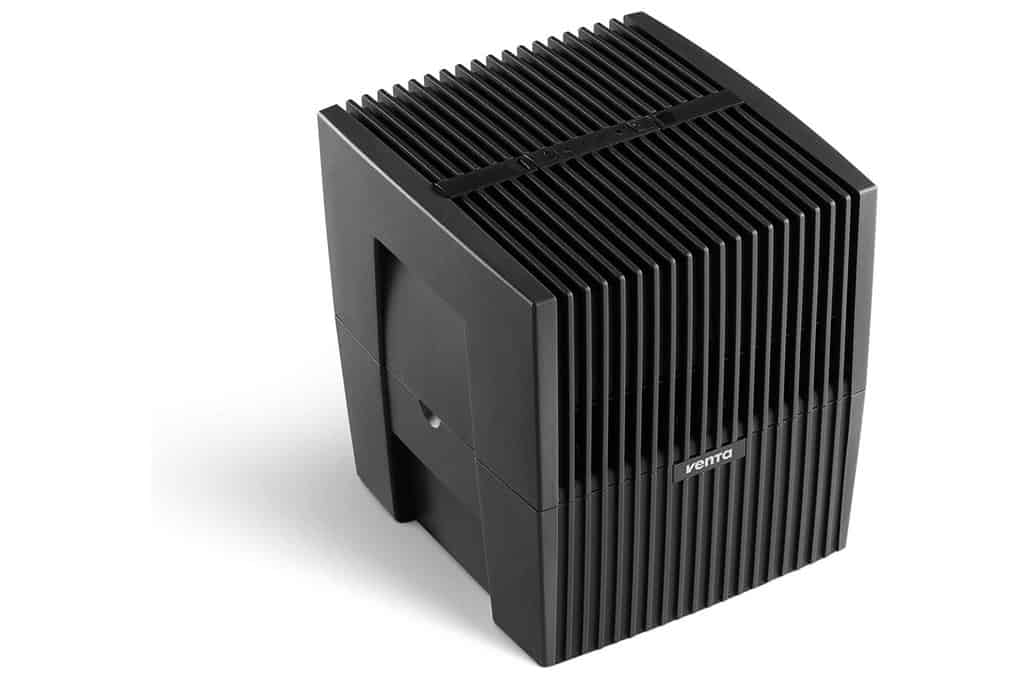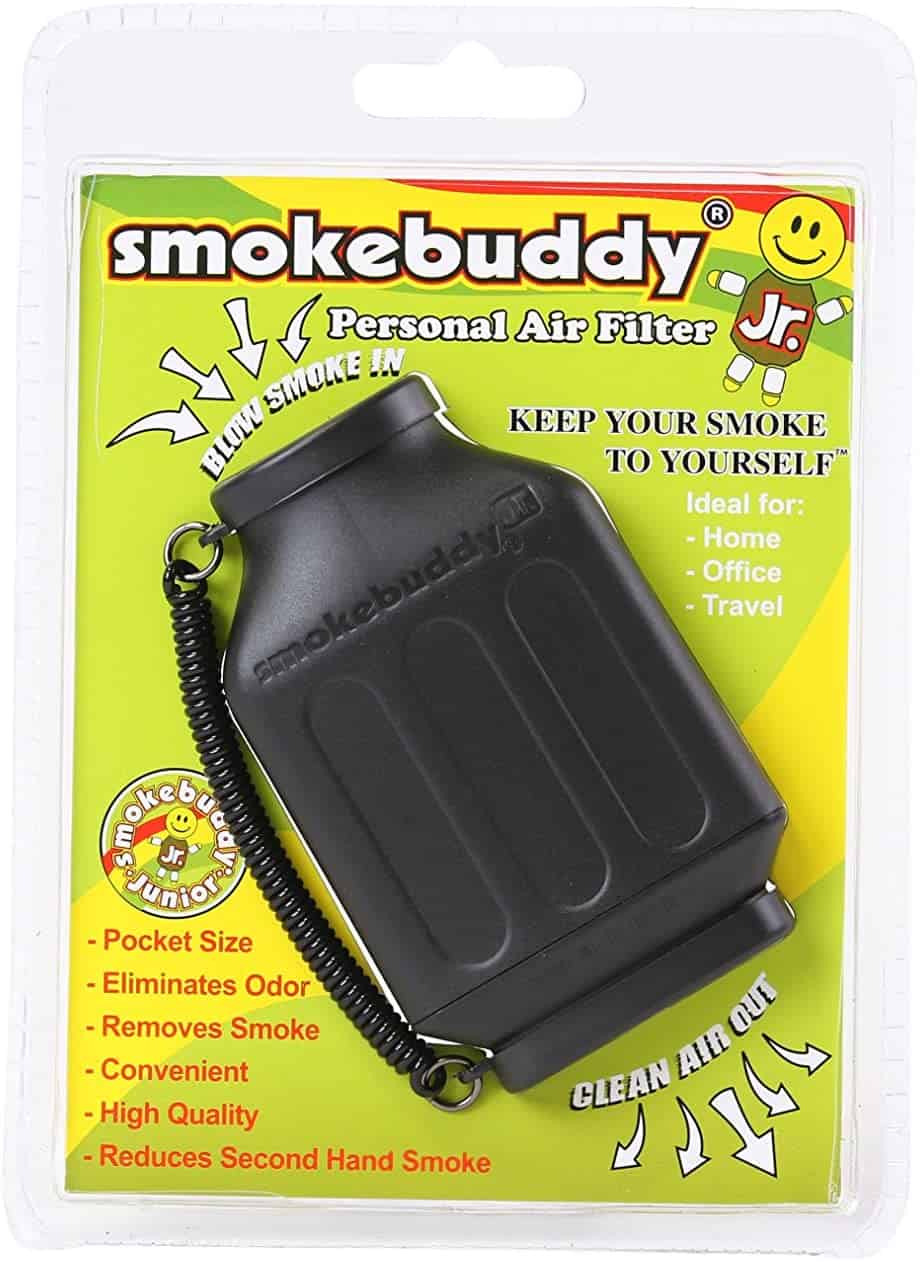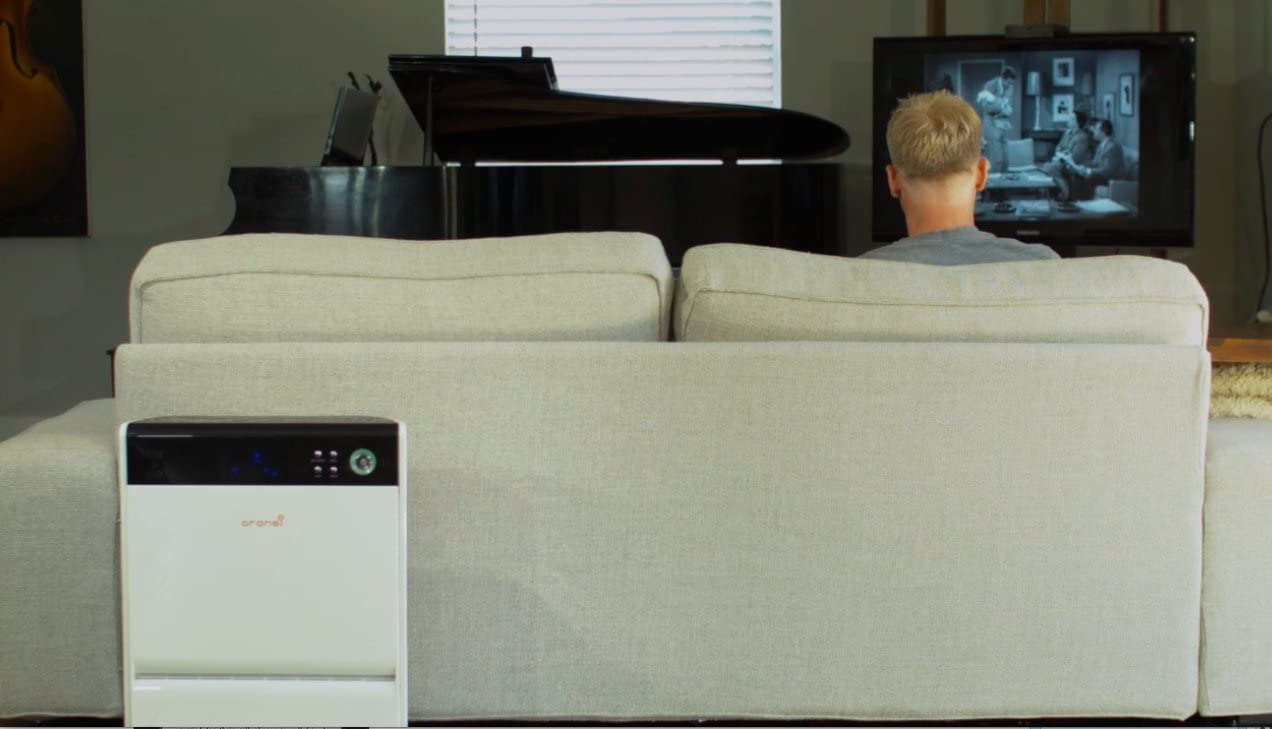As you research for the purchase of a high-quality air purifier, you may be reading a lot of scare-inducing stuff about the connection between ozone and air purifiers. What is ozone in an air purifier? Keep reading to find out.
KEY TAKEAWAYS:
- Ozone is a molecule made from three oxygen atoms. These molecules make up the protective ozone layer of the atmosphere.
- Ozone is not a great substance to be breathing in, as it can cause several health ailments and related symptoms.
- Avoid ozone generators and ionic air purifiers, as they both create a fair amount of ozone during use.
What is Ozone?
Ozone is a commonly found molecule made from three atoms of oxygen. Ozone molecules bond together to create something called the ozone layer, which helps protect the planet from harmful interstellar UV rays.
Ozone, however, can be harmful to humans, despite being made just from oxygen. Breathing in ozone can lead to long-term health consequences, such as coughing, chest pain, shortness of breath, and related symptoms. However, a good knowledge of air filters such as what an H13 HEPA filter is can help you prevent these serious health issues.
Insider Tip
Ozone is a commonly found molecule made from three atoms of oxygen. Ozone molecules bond together to create something called the ozone layer, which helps protect the planet from harmful interstellar UV rays.
Do Air Purifiers Release Ozone?
Most air purifiers release little to no ozone, so you can rest easy. There are, however, a couple of exceptions.
What Types of Air Purifiers Release Ozone?
Filter-based air purifiers only release trace amounts of ozone during use. In other words, HEPA purifiers, activated carbon purifiers, and electrostatic purifiers will all be fine and will not release too much ozone. Ionic air purifiers and devices called ozone generators tend to release ozone at a much higher rate.
Insider Tip
Most air purifiers release little to no ozone, so you can rest easy.
Tips to Reduce Ozone in the Home
Here are some general tips to reduce the ozone levels in your home, so you can stop breathing it in.
Choose the Right Air Purifier
As previously mentioned, ionic air purifiers and ozone generators can create plenty of ozone as a byproduct of use. You should avoid these types of air purifiers. When shopping for an air purifier, limit yourself to filter-based models, such as those with a genuine HEPA filter or an activated carbon filter. UV air purifiers produce less ozone than ionic air purifiers, but the levels of ozone they put out are still higher than what a HEPA purifier would produce.
Use an Ozone Detector
You can also purchase and regularly use an ozone detecting device, otherwise known as an ozone tester. These devices accurately monitor ozone levels in the home, letting you know if something is amiss. These ozone detectors are on the expensive side, so that should be factored in before making a purchase. They also probably won’t lead you to the source of the ozone, so you will need to figure that out on your own.
Speaking of ozone, you should learn how to use an ionic ozone air purifier if that’s what you have, and you can also learn the difference between an Alpine ozone air purifier vs other brands.
Understanding what is the difference between HEPA filter and air purifier can also come in handy. The HEPA filter is only found in high-grade air purifiers that effectively clean odors, allergens, and bacteria particles. Some that you might want to compare include the Magic Clean air purifier, and the Blue Pure 311 vs 411 air purifiers.
Warning
Breathing in ozone can lead to long-term health consequences, such as coughing, chest pain, shortness of breath, and related symptoms.
F.A.Q.S
What are the adverse health effects of exposure to ozone?
Exposing yourself to ozone can cause serious health symptoms, including shortness of breath, coughing, and more. It can also slowly degrade the lungs, leading to COPD.
Which air purifiers are ozone-free?
Most electronic devices release a trace amount of ozone during use, including air purifiers. However, filter-based air purifiers keep ozone to a minimum.
Are ozone generators effective at cleaning the air?
Studies have shown they are not that effective at cleaning the air when compared to HEPA-based air purifiers and similar designs. So not only are they relatively dangerous, due to the ozone being released, but they aren’t even that effective.
STAT: Understanding what is the difference between a HEPA filter and an air purifier can also come in handy. The HEPA filter is only found in high grade air purifiers that effectively clean odors, allergens, and bacteria particles. (source)

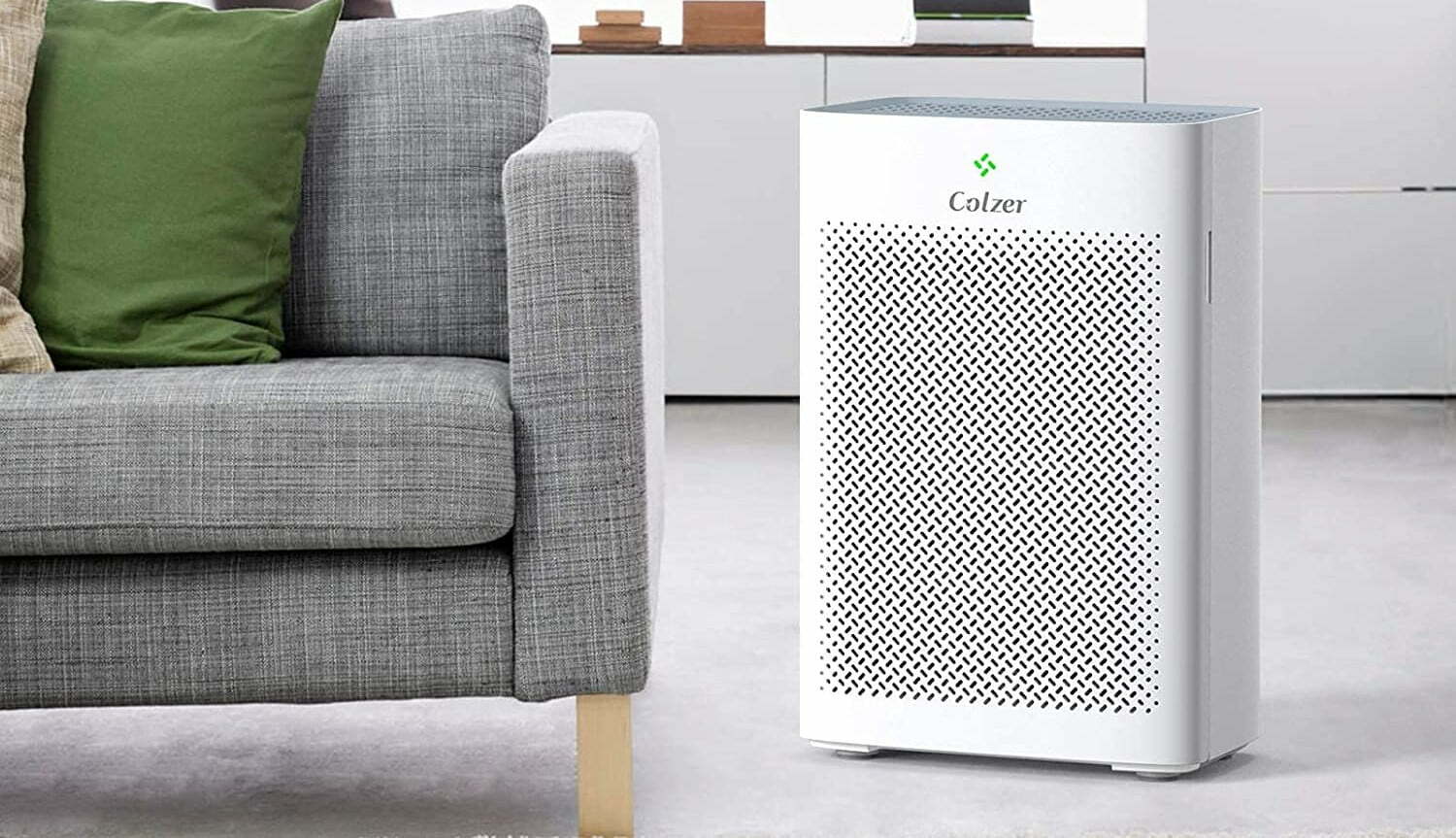













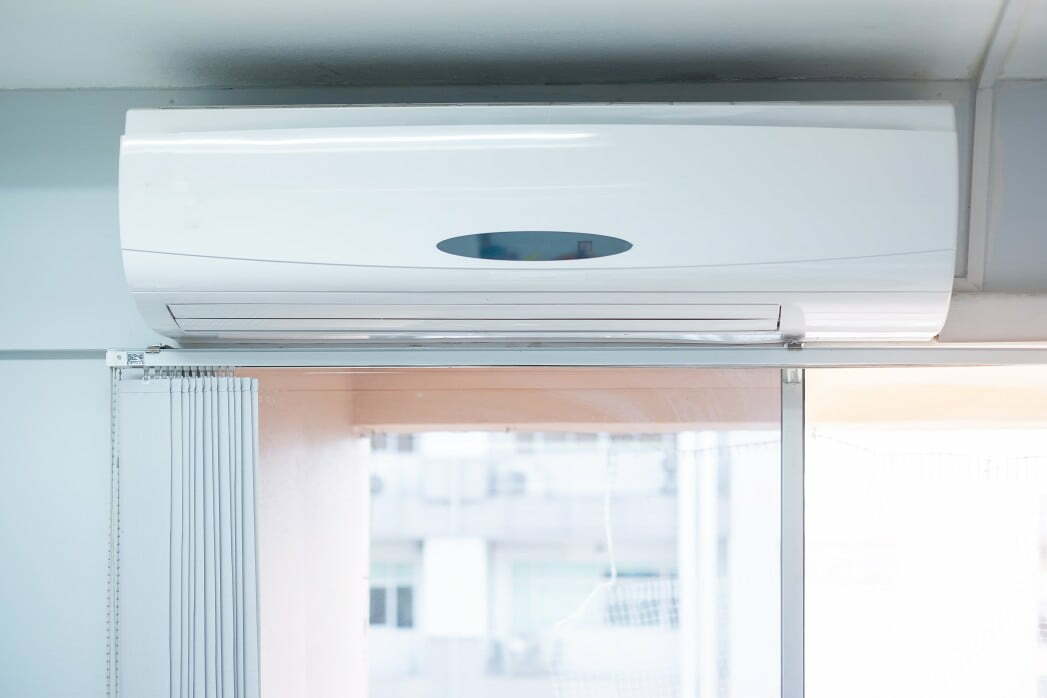
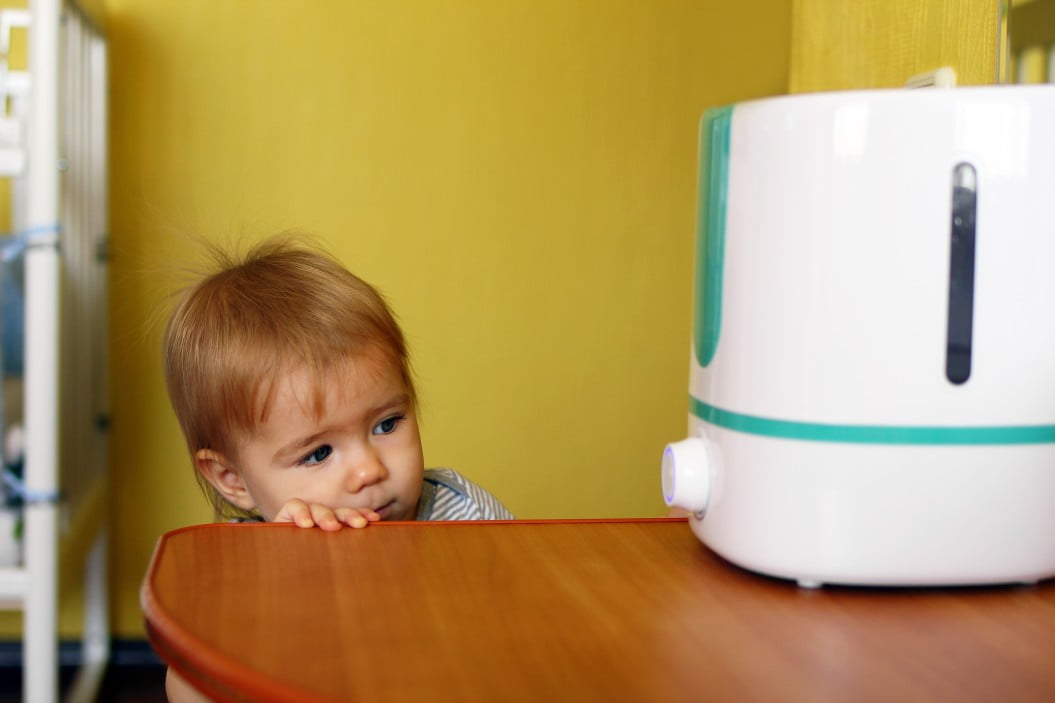
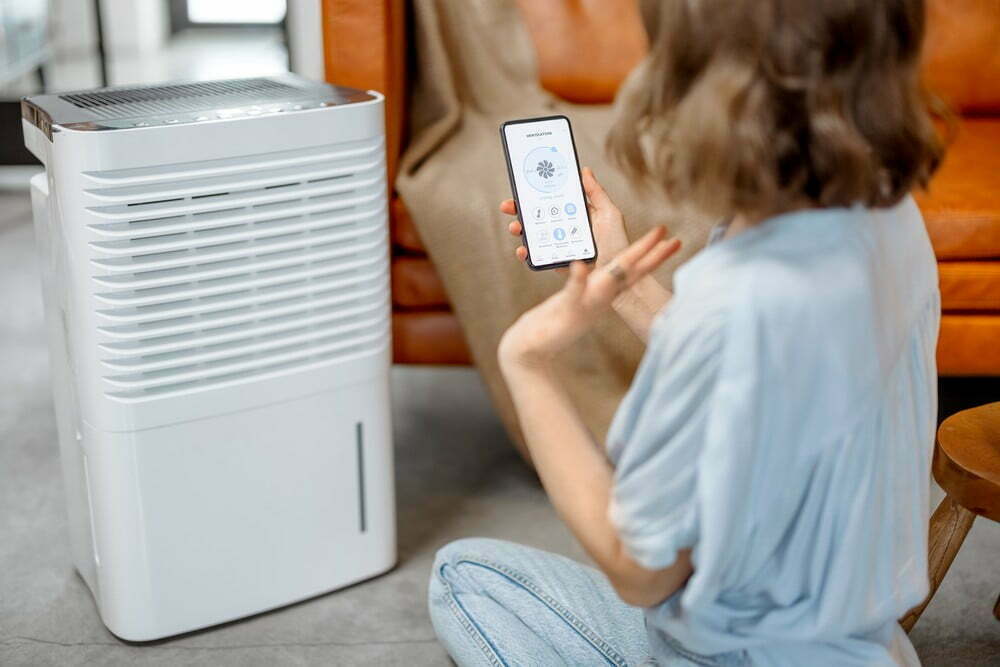
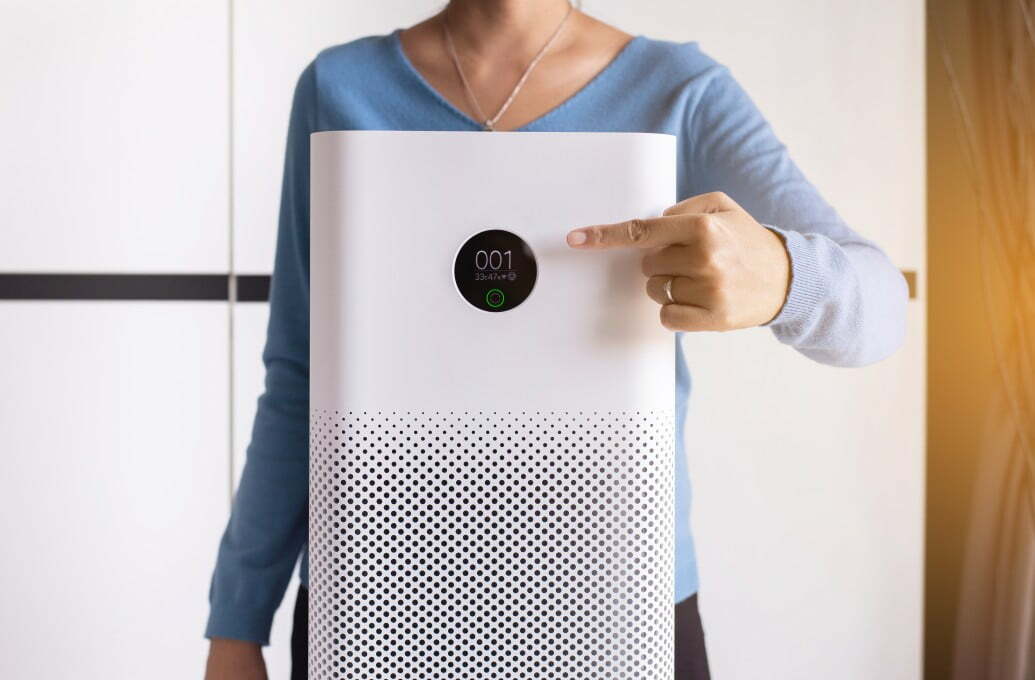
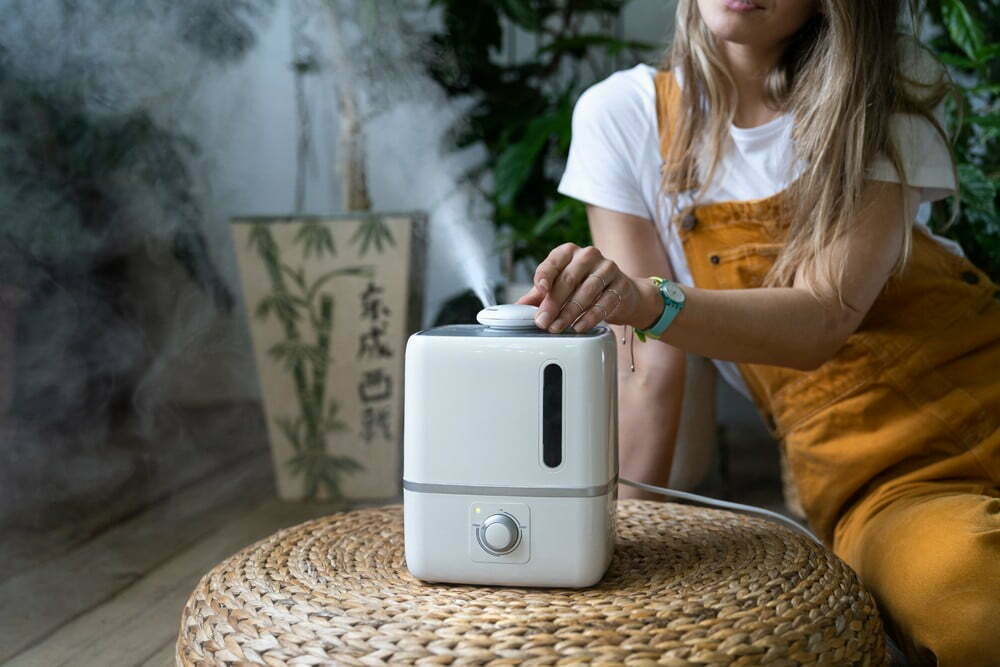


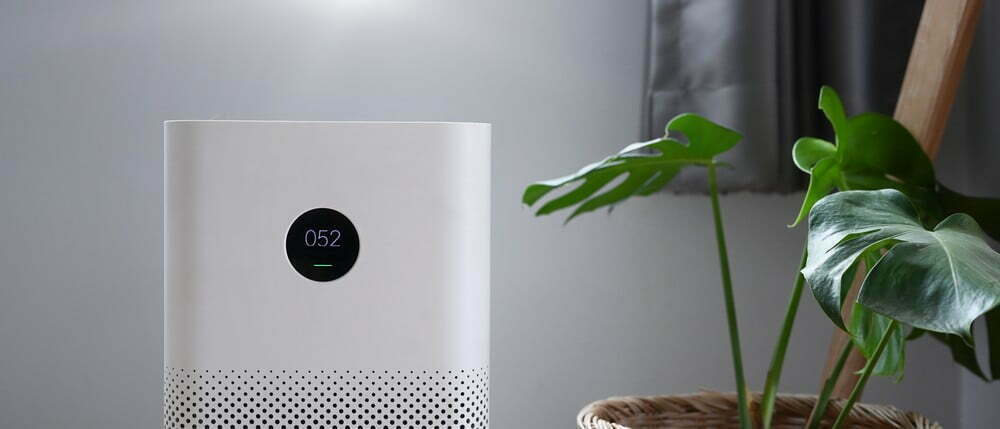
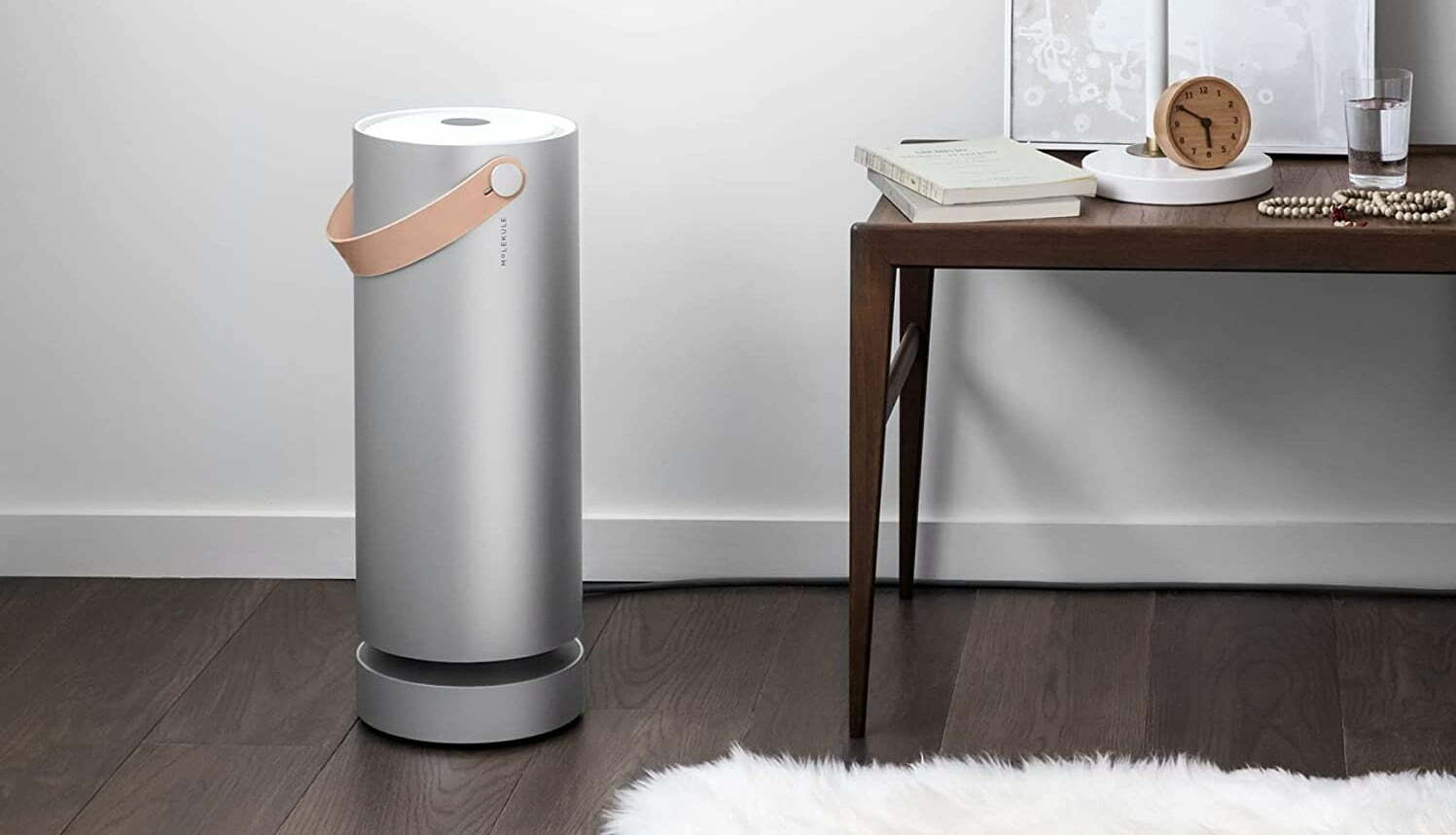
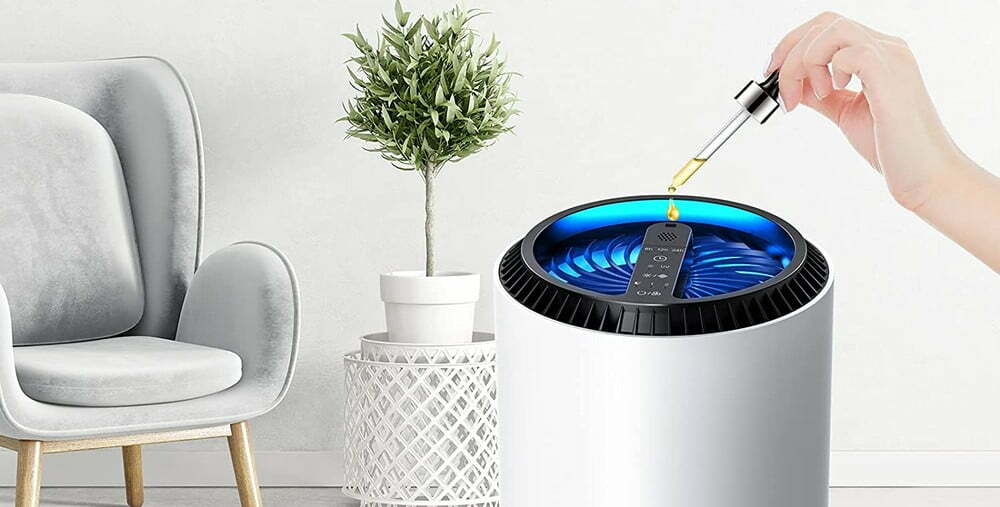
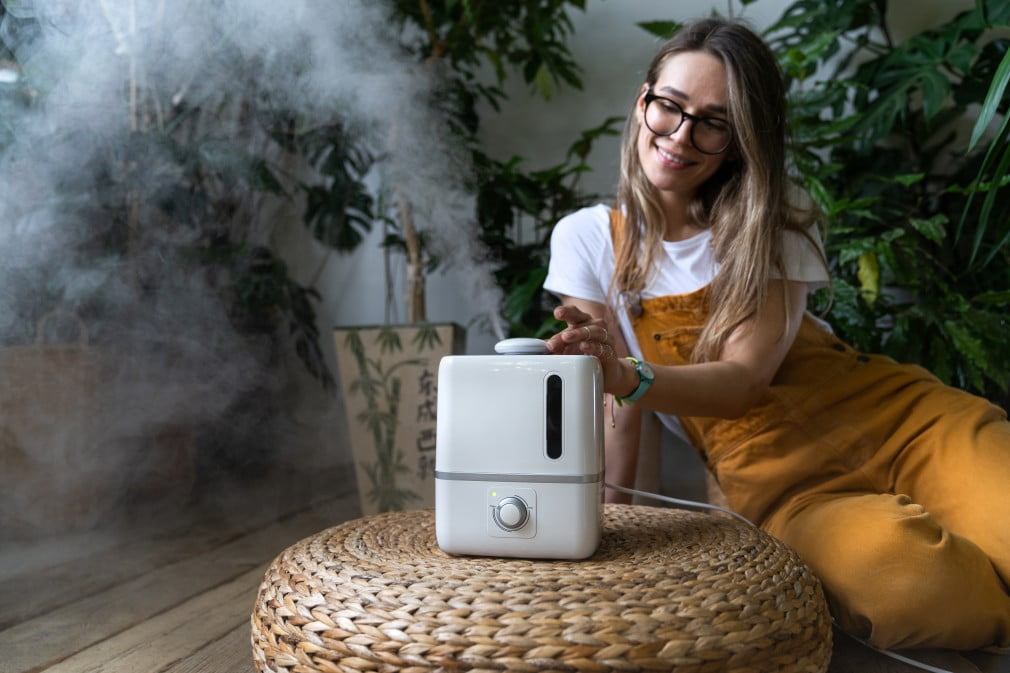
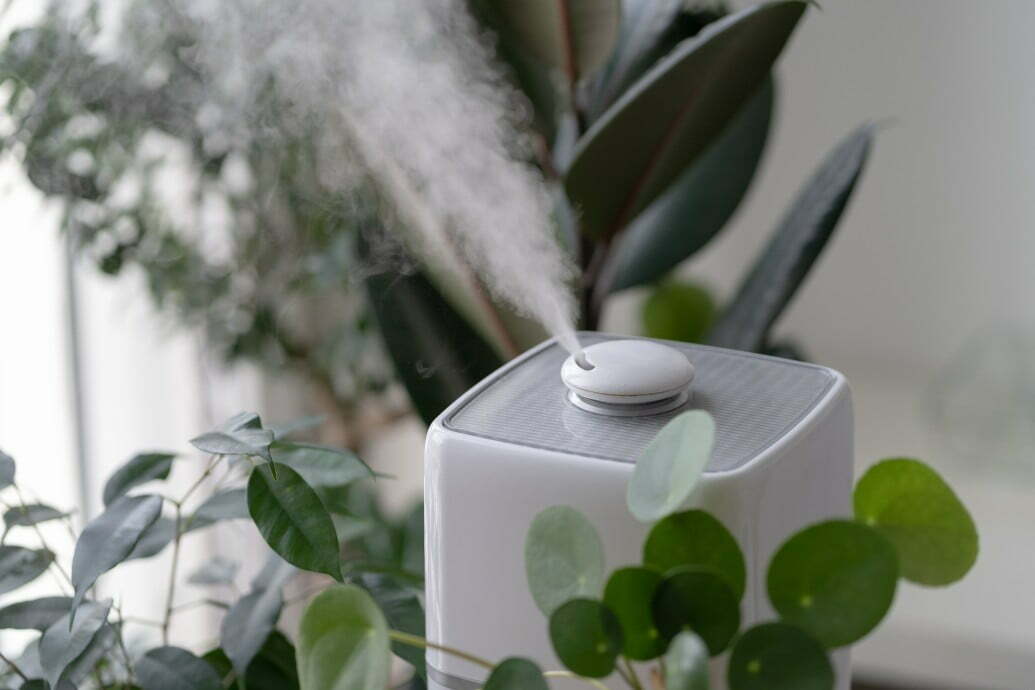
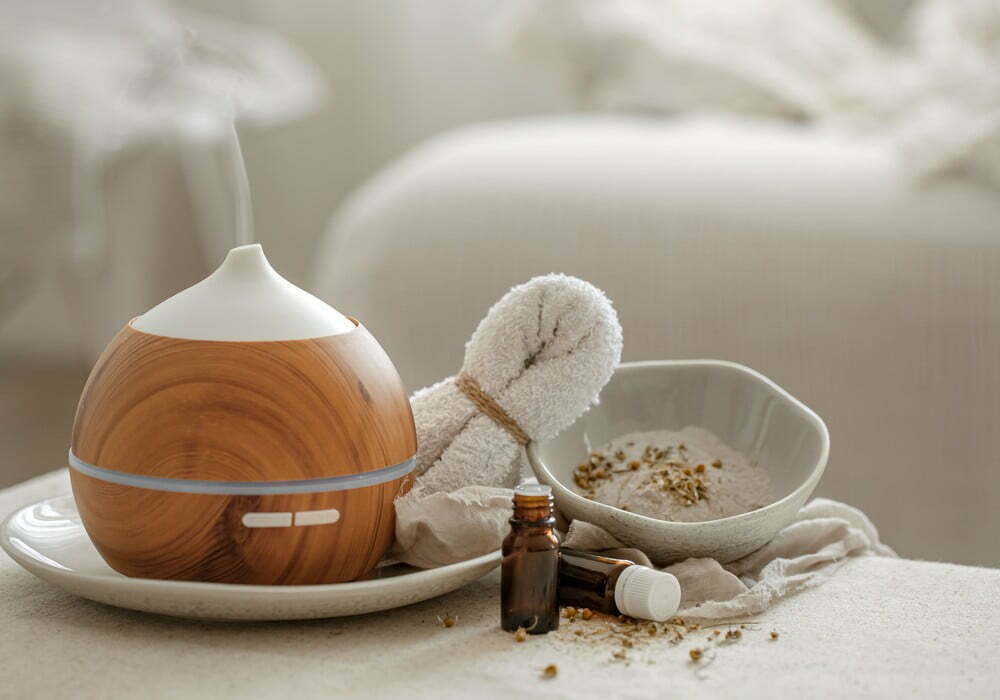
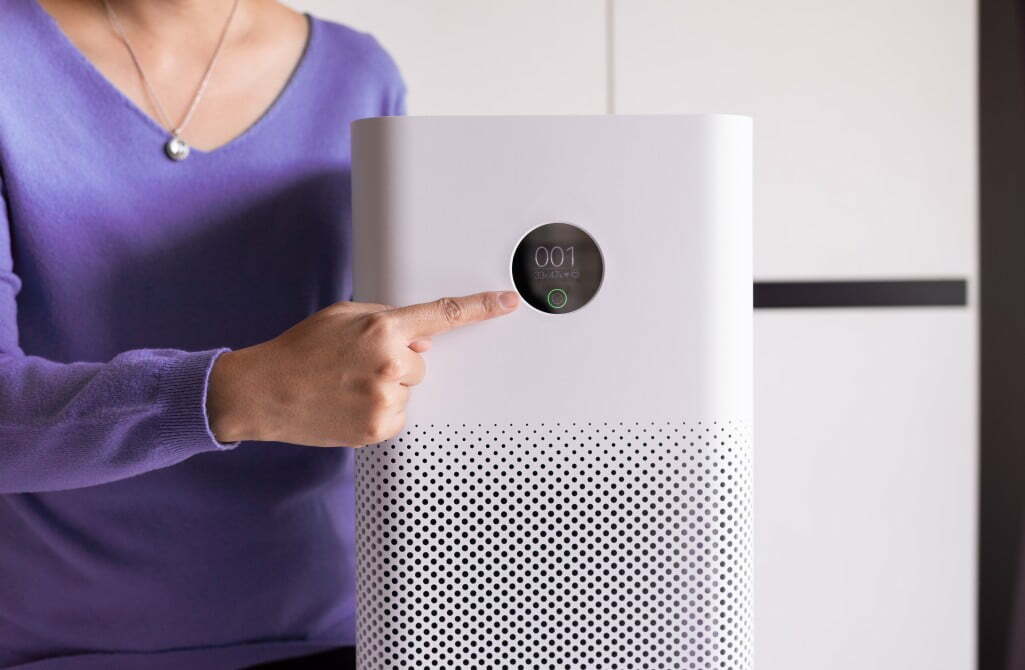
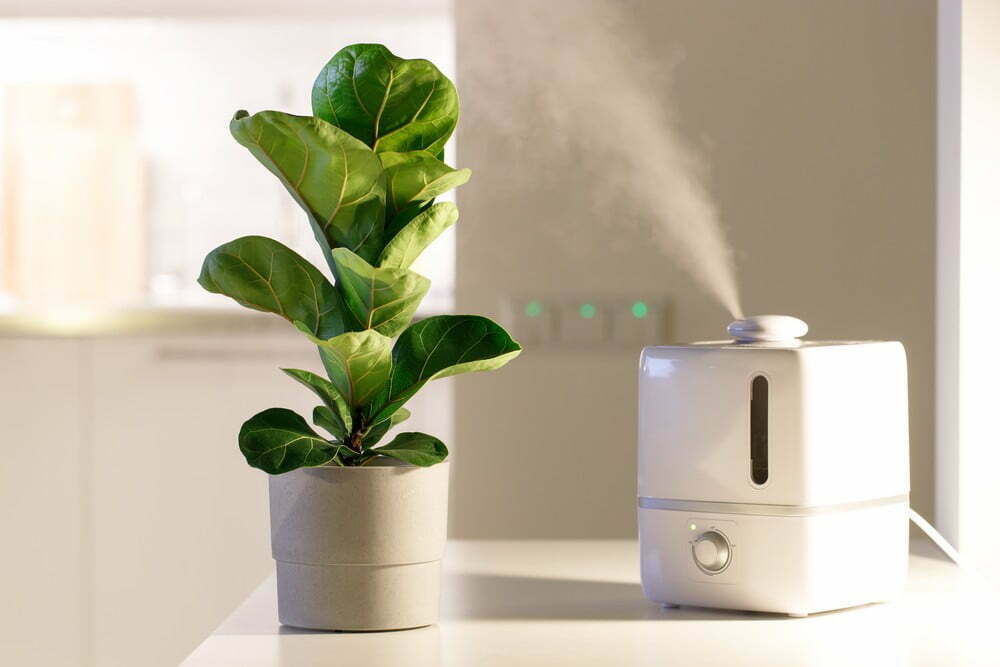

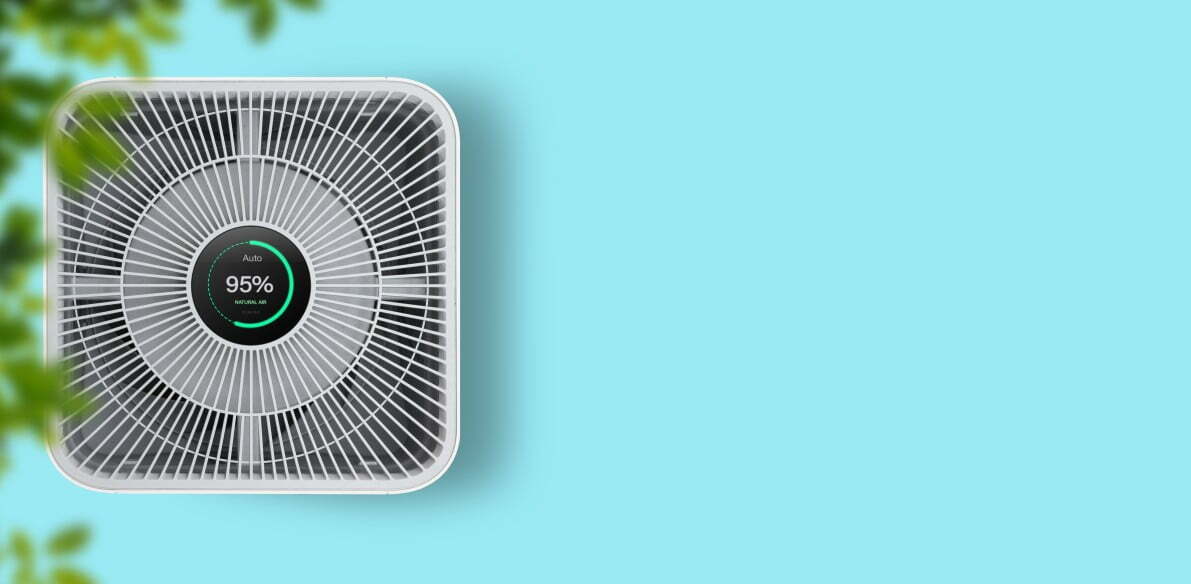
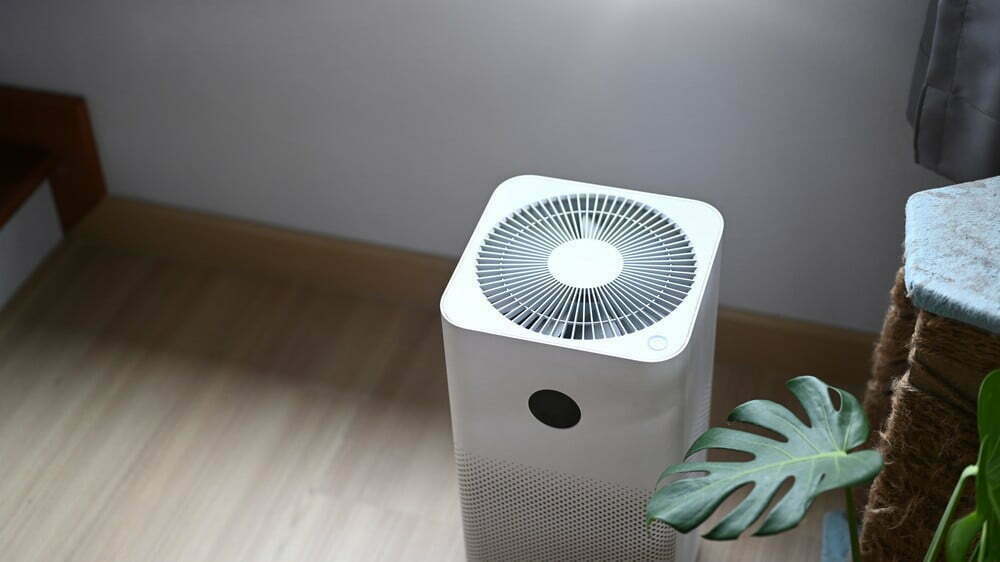
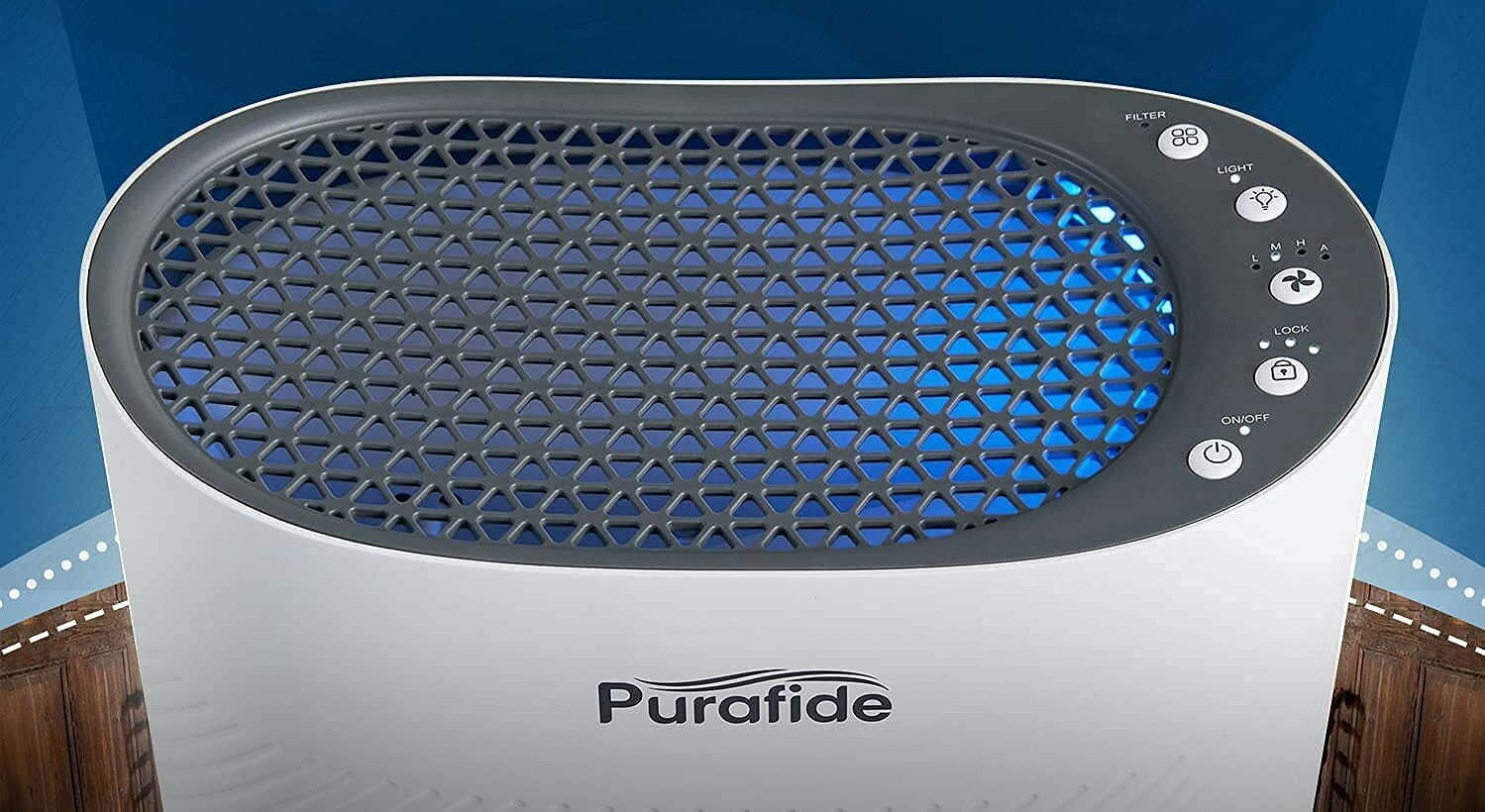
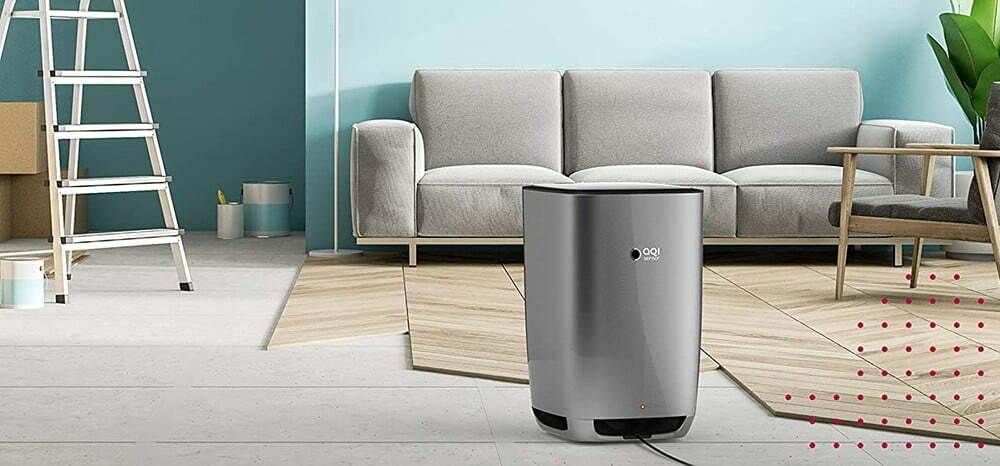
![Best Air Purifiers for VOCs and Formaldehyde in [year] 27 Best Air Purifiers for VOCs and Formaldehyde in 2026](https://www.gadgetreview.dev/wp-content/uploads/best-air-purifier-for-vocs-and-formaldehyde-image.jpg)
![Best Air Purifier in [year] ([month] Reviews) 28 Best Air Purifier in 2026 (January Reviews)](https://www.gadgetreview.dev/wp-content/uploads/Honeywell-True-HEPA-Allergen-Remover-HPA300-e1475603569442.jpg)
![Best Air Purifiers for Dust in [year] 29 Best Air Purifiers for Dust in 2026](https://www.gadgetreview.dev/wp-content/uploads/best-air-purifier-for-dust-image.jpg)
![Best Honeywell Air Purifiers in [year] 30 Best Honeywell Air Purifiers in 2026](https://www.gadgetreview.dev/wp-content/uploads/best-honeywell-air-purifier-image.jpg)
![Best Germicidal Air Purifiers in [year] 31 Best Germicidal Air Purifiers in 2026](https://www.gadgetreview.dev/wp-content/uploads/best-germicidal-air-purifier-image.jpg)
![Best Filterless Air Purifiers in [year] 32 Best Filterless Air Purifiers in 2026](https://www.gadgetreview.dev/wp-content/uploads/best-filterless-air-purifier-image.jpg)
![Best Levoit Air Purifiers in [year] 33 Best Levoit Air Purifiers in 2026](https://www.gadgetreview.dev/wp-content/uploads/best-levoit-air-purifier-image.jpg)
![Best Air Purifiers for Smoking Weed in [year] 34 Best Air Purifiers for Smoking Weed in 2026](https://www.gadgetreview.dev/wp-content/uploads/best-air-purifier-for-smoking-weed-image.jpg)
![Best Quiet Air Purifiers in [year] 35 Best Quiet Air Purifiers in 2026](https://www.gadgetreview.dev/wp-content/uploads/best-quiet-air-purifier-image.jpg)
![Best Desktop Air Purifiers in [year] 36 Best Desktop Air Purifiers in 2026](https://www.gadgetreview.dev/wp-content/uploads/best-desktop-air-purifier.jpg)
![Best Dyson Air Purifiers in [year] 37 Best Dyson Air Purifiers in 2026](https://www.gadgetreview.dev/wp-content/uploads/best-dyson-air-purifier.jpg)
![Best Air Purifiers for Dorm Room in [year] 38 Best Air Purifiers for Dorm Room in 2026](https://www.gadgetreview.dev/wp-content/uploads/air-purifier-for-dorm-room-1.jpg)
![Best Air Purifiers for Office in [year] 39 Best Air Purifiers for Office in 2026](https://www.gadgetreview.dev/wp-content/uploads/best-air-purifier-for-office.jpg)
![Best Air Purifiers for Basement in [year] 40 Best Air Purifiers for Basement in 2026](https://www.gadgetreview.dev/wp-content/uploads/best-air-purifier-for-basement.jpg)
![Best Air Purifiers For Odor in [year] 41 Best Air Purifiers For Odor in 2026](https://www.gadgetreview.dev/wp-content/uploads/best-air-purifier-odor.jpg)
![10 Best Personal Air Purifiers in [year] 42 10 Best Personal Air Purifiers in 2026](https://www.gadgetreview.dev/wp-content/uploads/best-personal-air-purifiers.jpg)
![10 Best Plug In Air Purifiers in [year] 43 10 Best Plug In Air Purifiers in 2026](https://www.gadgetreview.dev/wp-content/uploads/best-plug-in-air-purifier-image.jpg)
![10 Best Whole House Air Purifiers in [year] 44 10 Best Whole House Air Purifiers in 2026](https://www.gadgetreview.dev/wp-content/uploads/best-whole-house-air-purifier-image.jpg)
![10 Best Large Room Air Purifiers in [year] 45 10 Best Large Room Air Purifiers in 2026](https://www.gadgetreview.dev/wp-content/uploads/Coway-Airmega-200M-Large-Room-Air-Purifier-900x900-1.png)
![10 Best UV Air Purifiers in [year] 46 10 Best UV Air Purifiers in 2026](https://www.gadgetreview.dev/wp-content/uploads/best-uv-air-purifier.jpg)
